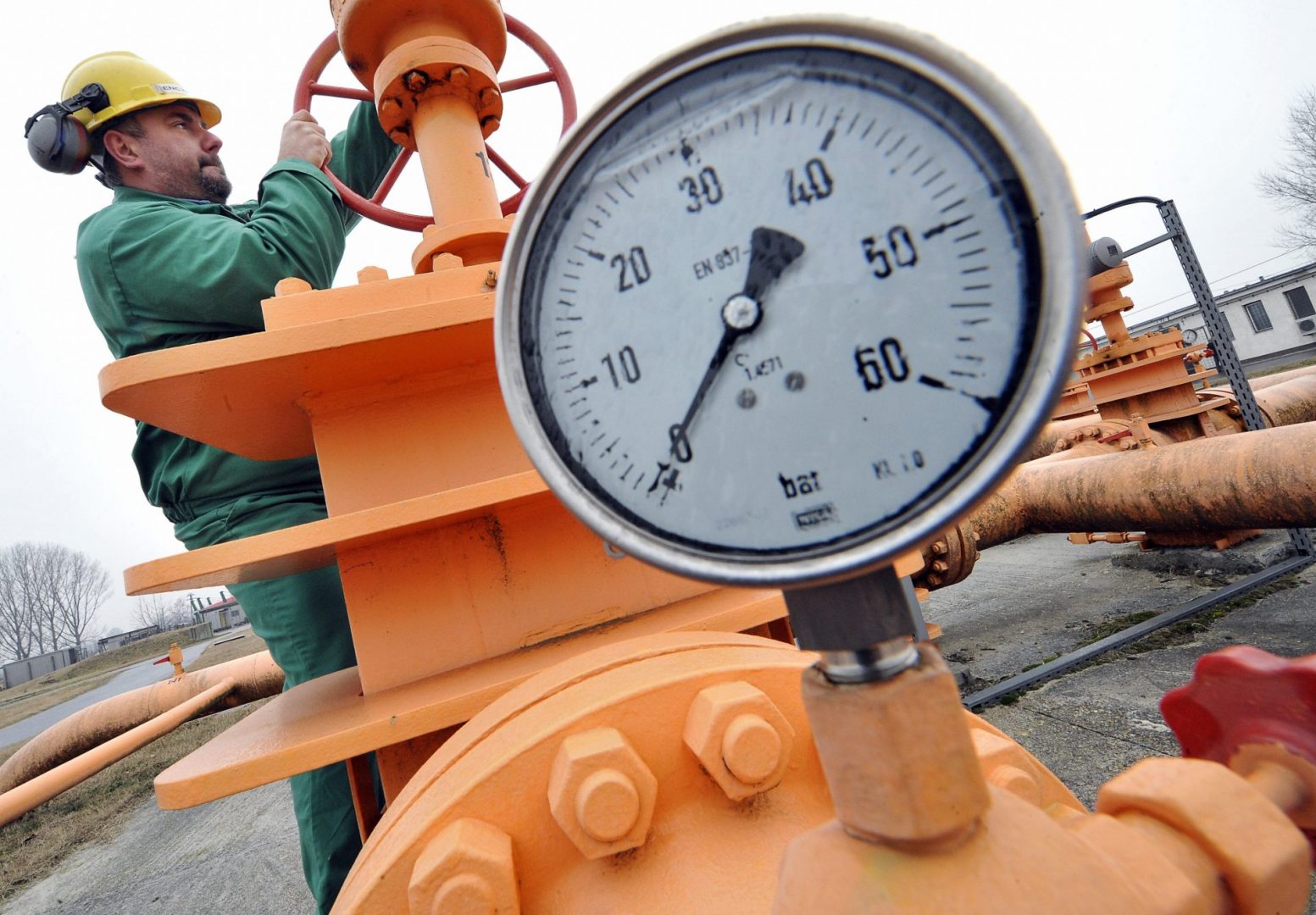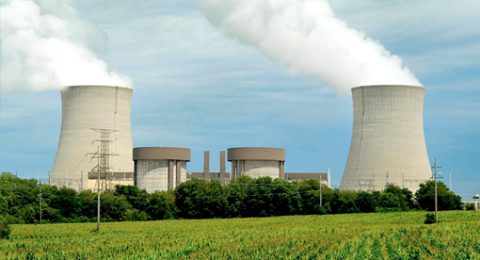Gazprom has vowed to entirely cut out Ukraine as a transit hub for natural gas exports to Europe.
The conflict with Ukraine has scrambled the longstanding energy relationship between Russia and Europe. The European Union imports around one-third of its natural gas from Russia, but having seen those flows cut off multiple times in the past, European officials are pushing to rid themselves of their dependence on Moscow. The violence in Ukraine solidified that motivation.
Russia is also unhappy with the arrangement. In an effort to separate gas exports to the EU (a critical business relationship that Moscow doesn’t want interrupted) from its ongoing conflict with Kiev (a geostrategic priority), Russia has a great incentive to cut out Ukraine. About half of Russia’s gas exports to Europe must travel through Ukraine.
But that could change within the next four years, if Gazprom gets its way. “We will not export gas via Ukraine after 2019. The customers will get gas at (newly) agreed delivery points,” Gazprom’s Deputy CEO Alexander Medvedev said on June 9.
However, that would require major investments in new infrastructure in order to successfully work around Ukraine. Medvedev is pressing Europe to hurry up and decide on how and where future Russian gas will enter Europe.
Russia has proposed a new pipeline network called “Turkish Stream” that would run through Turkey to the border with Greece.
Some European countries are open to that plan, but others are throwing their weight behind an alternative route. The Trans-Anatolian Pipeline (TANAP) will run from Azerbaijan through Turkey, and connect with the Trans-Adriatic Pipeline (TAP), which will pick up at the Greek-Turkish border and run gas through southern Europe to Italy. Both pipelines are backed by a consortium of private international oil companies as well as the state-owned oil company in Azerbaijan.
To make matters more complicated, the European Union is pursuing an antitrust case against Gazprom, alleging that the Russian company charges different rates to different EU member states, with prices that vary depending on their cooperation with Russia on unrelated political matters. The EU also argues that Gazprom illegally seeks to block the resale of natural gas between EU countries in an effort to maintain its grip, particularly over certain Eastern European countries, such as Ukraine.
The EU has given Gazprom until September to respond to the antitrust charges.
The confrontation between European regulators and Gazprom underscores the animosity between Russia and Europe, and also raises questions about how Gazprom plans on convincing Europe to opt for its pipeline alternative, rather than the TANAP-TAP route.
Moreover, the EU has agreed to work towards creating an “energy union,” which seeks “uninterrupted energy supplies” that European officials think is only obtainable through a common approach. In other words, the energy union is a direct response to Gazprom’s strategy of picking off separate EU members one by one, sealing bilateral deals with unique terms and prices. Brussels sees this as a threat, and while much of its motivation for the energy union is driven by climate objectives, the idea only got off the ground after the Ukraine crisis in 2014.
The EU faces its own challenges. For example, it is far from clear whether Eastern European countries currently paying discounted rates for gas will prefer a collective approach, which could end their pricing arrangements. But it is also hard to see how Gazprom will be able to edge out the TANAP-TAP network.
And if Russia’s “Turkish Stream” Pipeline cannot be constructed, Russia will have a very difficult time in entirely cutting out Ukraine from natural gas exports in a few short years.
For now, tension between Russia and the EU won’t go away, despite their strong commercial ties. The G7 nations just reaffirmed their support for sanctions on Russia as a result of the Ukraine conflict. And the antitrust case against Gazprom could force the dispute over natural gas pricing to a head in the relatively near future.
Source: OilPrice.com












